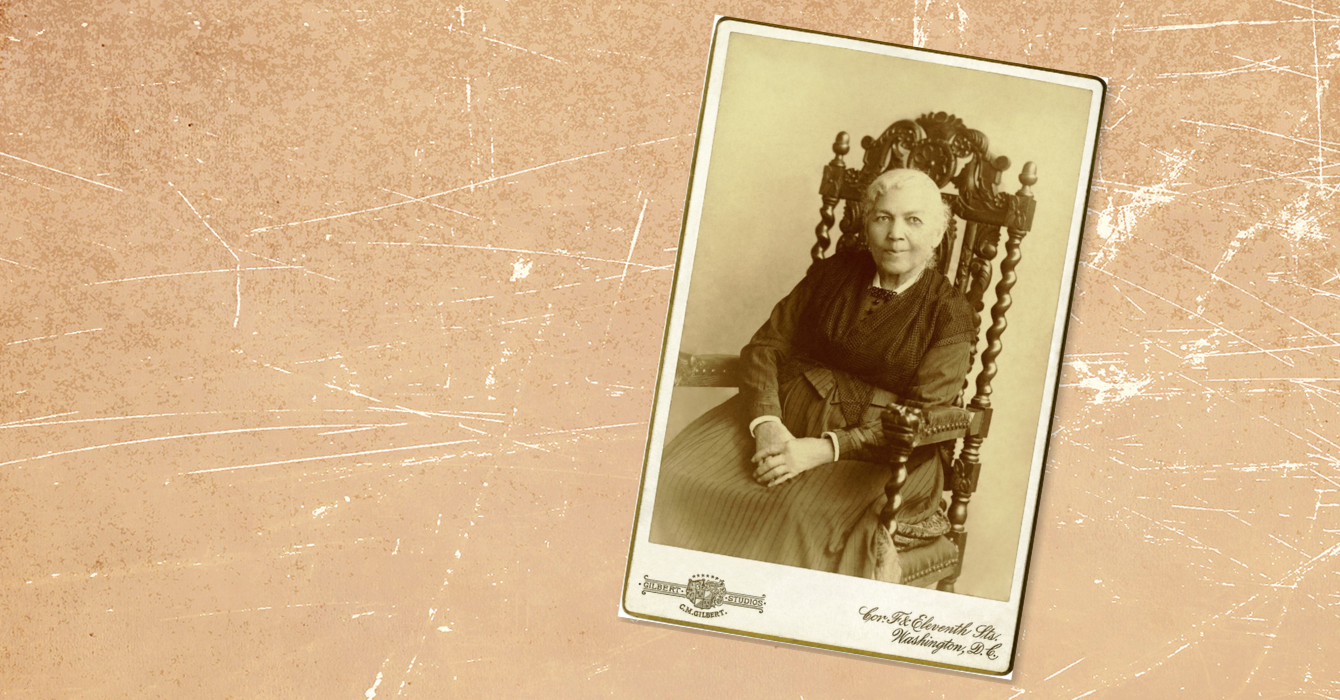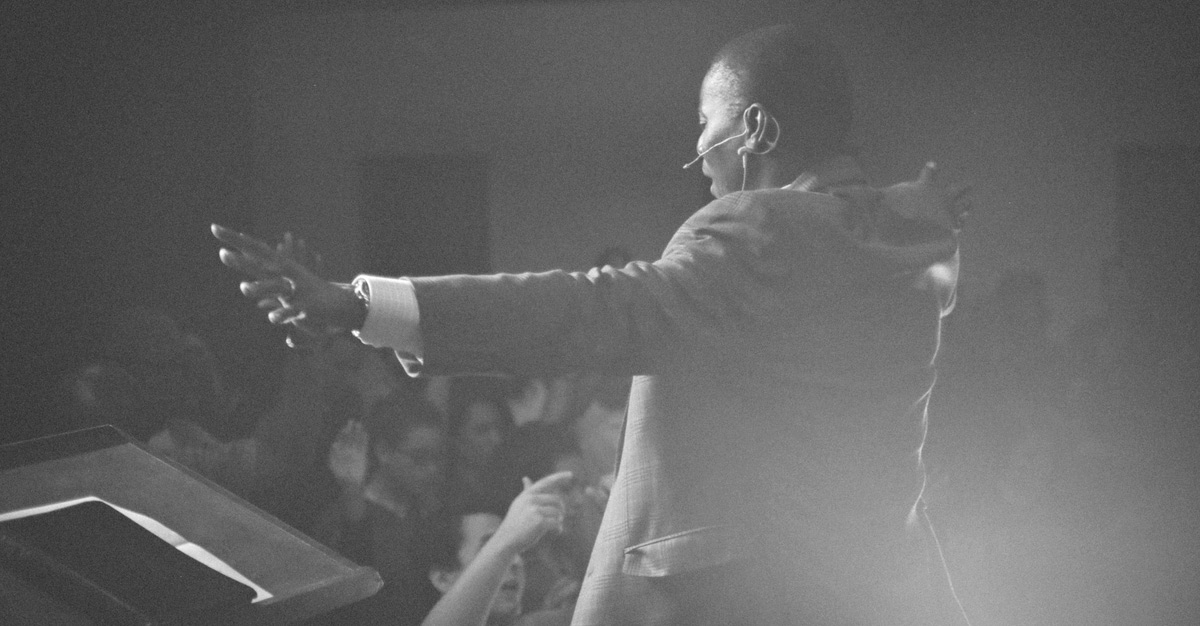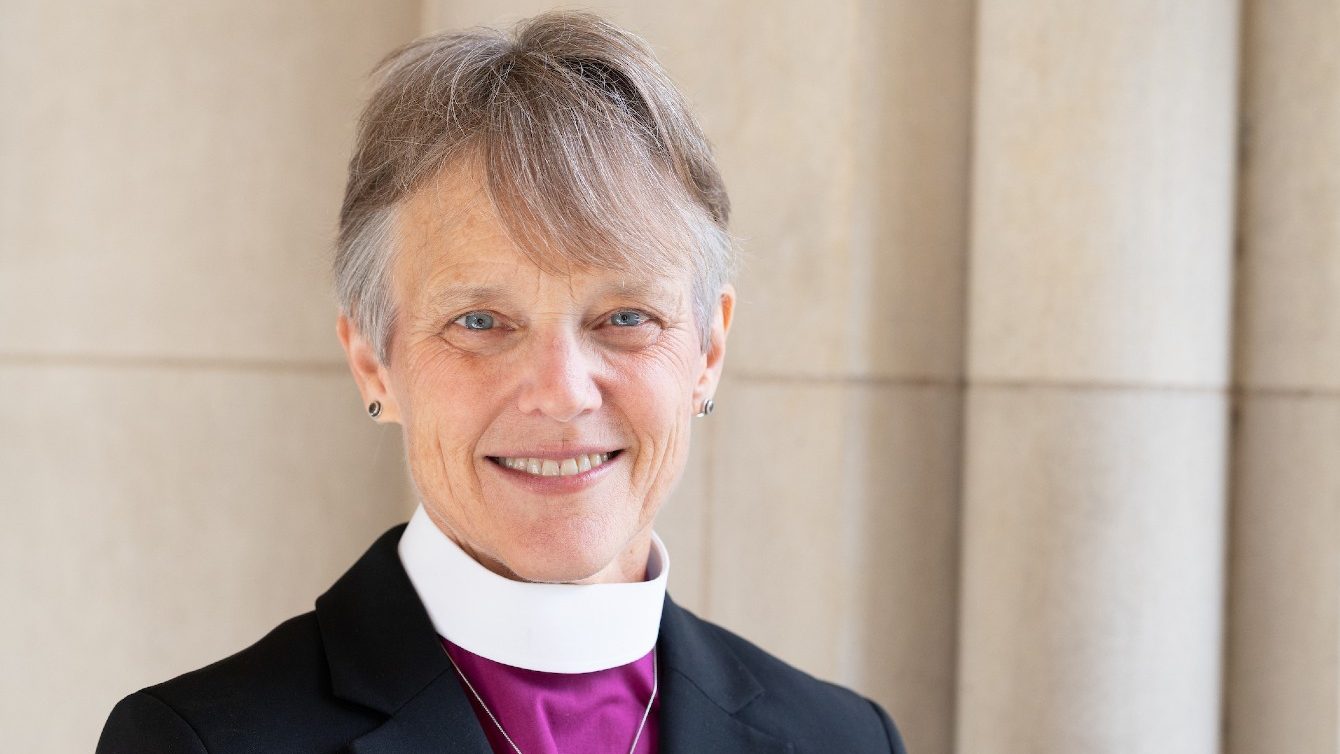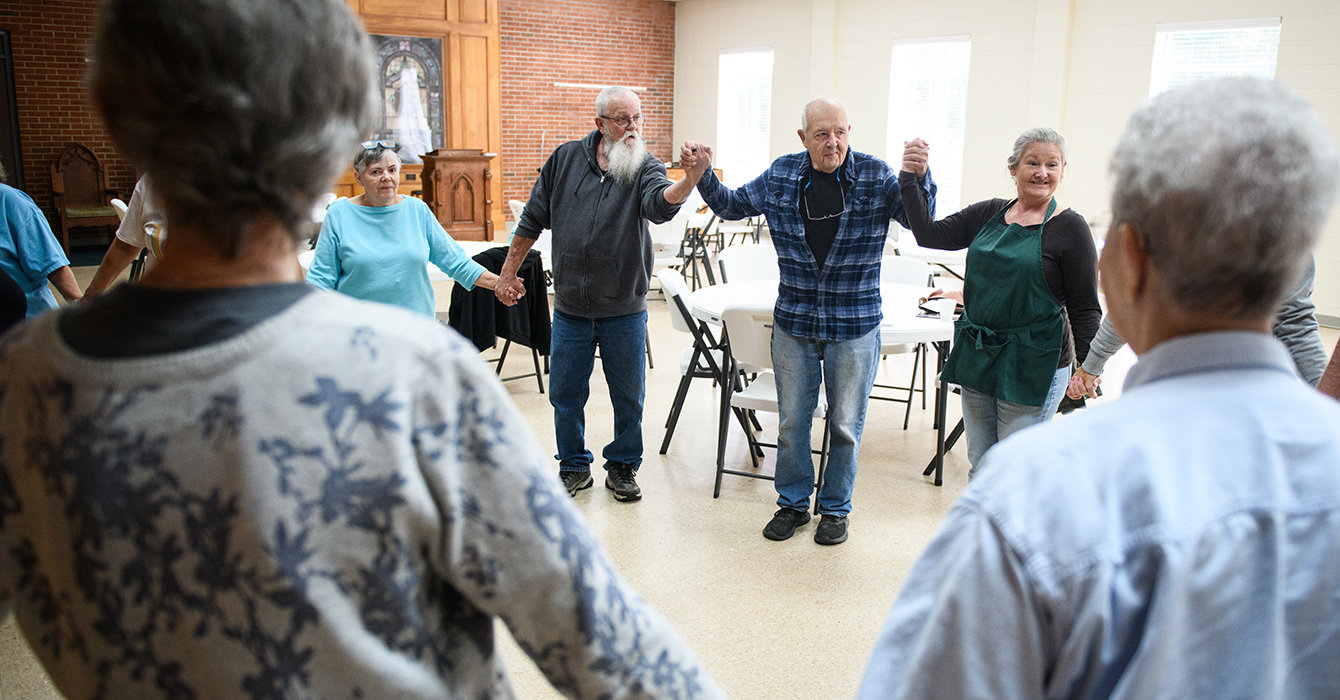
In every generation, the church needs voices that speak truth with courage, compassion and clarity. These are prophetic voices. They are rooted in Scripture, shaped by prayer and willing to challenge the status quo for the sake of justice, mercy and love. Finding your prophetic voice is not about being loud or confrontational; it’s about being faithful to the call of God in your context.
The prophetic tradition runs deep in Scripture. From Moses confronting Pharaoh to Amos calling out injustice, prophets have always stood at the intersection of divine truth and human reality. In more recent history, leaders like the Rev. Dr. Martin Luther King Jr., Óscar Romero and Pauli Murray have embodied prophetic witness, speaking out against racism, poverty and oppression. Their voices were not always welcomed. But they were necessary.
Finding your prophetic voice begins with listening. It requires spiritual discernment — through prayer, Scripture and community — to understand what God is asking you to say and do. Often, this voice emerges in response to pain, injustice or silence. For instance, King did not have plans to lead a movement. He aspired to become a college president.
Prophetic ministry may feel risky. It may be misunderstood. But it is rooted in love and a desire to see God’s kingdom come. As you discern your prophetic purpose, consider these questions:
- What breaks your heart?
- Where do you see God’s people suffering?
- What truth needs to be spoken in your context?
Prophetic leadership is not about condemnation: it’s about an invitation. We invite people to see differently, to act justly and to love boldly. Speaking truth in love means balancing conviction with compassion. We challenge systems and care for souls. This work is not easy, and resistance is inevitable. Therefore, it’s important to remember that a prophetic church is not just reactive. It is visionary.
Resources
Working collectively to stop the harm done to migrants
Being willing to pivot and to co-create solutions are two ways a church has learned to support migrants, writes a United Methodist pastor in Washington, D.C.
By Stephanie Vader
Relationships make a difference even in the hardest times
History reminds us of the importance of relationships, especially when our humanity is threatened.
By Emma Akpan
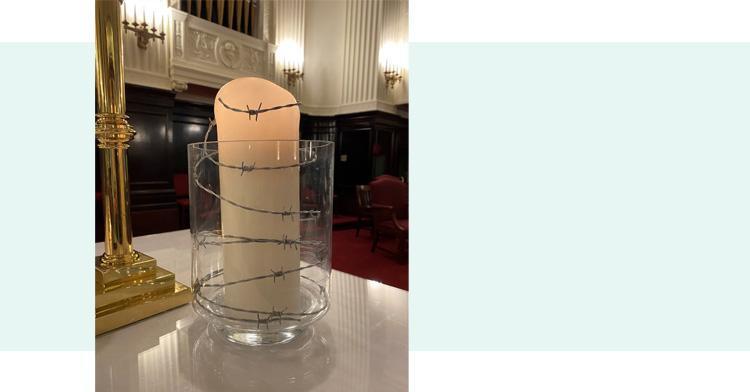
Sounding the alarm against empire
Faced with the mass mobilization of federal forces in Washington, D.C., a United Methodist Church pastor writes about how she and others are offering protection and hope.
By Donna Claycomb Sokol
Preaching must speak into and transform our understanding of conflict
The Gospel of Mark teaches us how Jesus’ ministry and preaching crossed cultural and religious boundaries, says a preacher and pastor.
By William H. Lamar IV
Mariann Edgar Budde’s national prayer service homily falls within the prophetic tradition
The bishop of the Episcopal Diocese of Washington preached to a nation at a crossroads with a call to faithful witness, writes a director of programs and grants for Leadership Education at Duke Divinity.
By Mycal X. Brickhouse
A food ministry in a tiny, rural town has helped hold a United Methodist church together across denominational divides
Congregations struggle to maintain educational programs without volunteer support.Volunteers from a small North Carolina church feed their neighbors each week with a hot meal and companionship in an outsize effort to the community.
By Shari Finnell
Before you go
To find your prophetic voice, start small. Speak truth in your relationships. Preach with honesty. Write what you feel called to say. Pray for courage. Surround yourself with mentors and allies. And remember: the prophetic voice is not yours alone. You are surrounded by “so great a cloud of witnesses” (Hebrews 12:1 NRSVUE) who are calling you toward justice, reconciliation and hope.
You can always reach me and the Alban Weekly team at alban@duke.edu. Until next week, keep leading!

Prince R. Rivers
Editor, Alban at Duke Divinity


